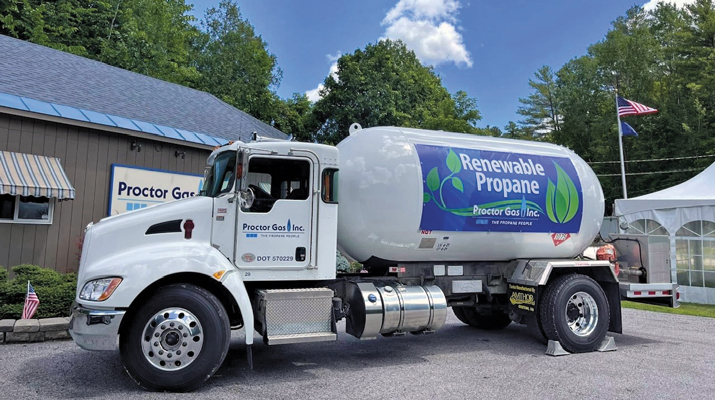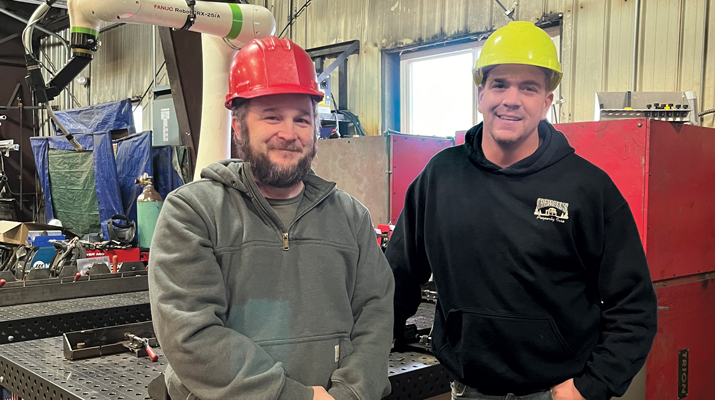Customers, employees or investors – who takes precedence?
Do our retail propane companies exist solely for the purpose of providing goods and services to our customers? Or are we in the propane business primarily to supply jobs to workers and management? Some may argue that we are in the business to provide a return to investors.
Each of our companies was founded with some premise about our purpose in the industry. This is not just a philosophical or academic attempt to debate the macroeconomic role of a retail propane business in society, but to focus each of us on consciously re-examining our purpose. In doing so, I believe we can grow stronger companies.
The process of running our business involves decisions around the conflicting needs of customers, employees or investors. Since we don’t operate in a vacuum, but instead compete in a dynamic, vibrant world, we must perform and compete for all three.
Rising wholesale prices require increased prices to customers who don’t understand. Employees who do not perform or are not needed are let go. Warm winters and lower margins can reduce profits and return for investors.
Customers, employees or investors – which one should take precedence?
Customers
Some advertise, “Our customers are our top priority.” Some say that in keeping employees happy, the employees in turn keep customers satisfied. All customers in this competitive industry have multiple choices. They can and do switch from supplier to supplier. It would be ridiculous to talk about not having customers or not paying attention to them.
However, since all customers do not contribute equally, should we not measure the profitability of each customer? What is the consequence of a business composed entirely of customers who are not profitable? To be more realistic, what is the consequence of a business that does not distinguish between profitable and unprofitable customers?
Without the test of customer profitability, a propane business with no measure of profits is operating illogically and is doomed to eventually fail.
Employees
We often hear that “our employees are the most important assets we have.” Our industry is employee-intensive, and employees have choices. The market for trained, quality employees is competitive. Having too many underutilized employees on the payroll directly diminishes company profits. On the other hand, attempting to run with too few employees will have direct and fairly immediate negative consequences. Companies with a poor history of satisfying employees have high turnover. This adds costs that are often invisible or – at the minimum – difficult to measure.
Investors
Investors include the original stakeholders in the company. This can be earlier generations who started the company or their heirs. It can include new stakeholders who have made an equity investment. This includes the public who can buy and sell shares of a number of publicly traded propane companies. It includes private investors who control a number of retail businesses. However, the bulk of the industry’s participants are independent or family owned propane companies where the ownership and some of the employee base are the same.
Banks are also investors who loan money to retailers to build bulk plants, buy tanks and trucks and finance working capital. Lenders not only have expectations of repayment, but also performance. As economic entities, banks must evaluate the quality of their loans. Financial evaluation of borrowers is the fundamental process lenders conduct before they make decisions about where to allocate capital. Missing this point costs many propane companies their future.
All investors have expectations. Failing to make financial objectives will disappoint investors and discourage re-investment. On the other hand, meeting financial expectations will attract further investment from lenders and equity investors.
Argument for balance
Successful companies understand that conflict is the nature of business. Tough choices come with the territory. In the short term, the balance of the needs of customers, employees and investors may look skewed.
The most successful propane companies endorse the notion that these three constituents all require attention, and that not a single group can take precedent in the long run.
Where is your balance?
Carl Hughes is senior vice president of business development for Inergy LP. He can be reached at Chughes@InergyServices.com or 816-842-8181.
















